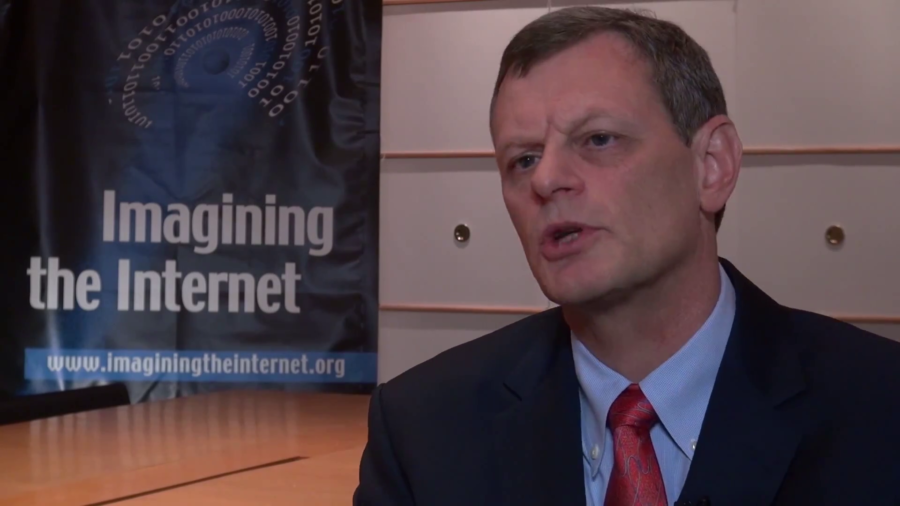I believe that I was inducted into the Internet Hall of Fame because of the area of the digital subscriber lines. About twenty, twenty-five years ago, I did the initial designs that are used everywhere today—there’s about a half a billion DSLs around the world—and have the basic patents, did the designs and so forth for those DSL systems at that time.
Internet Hall of Fame 2014 (Page 2 of 6)
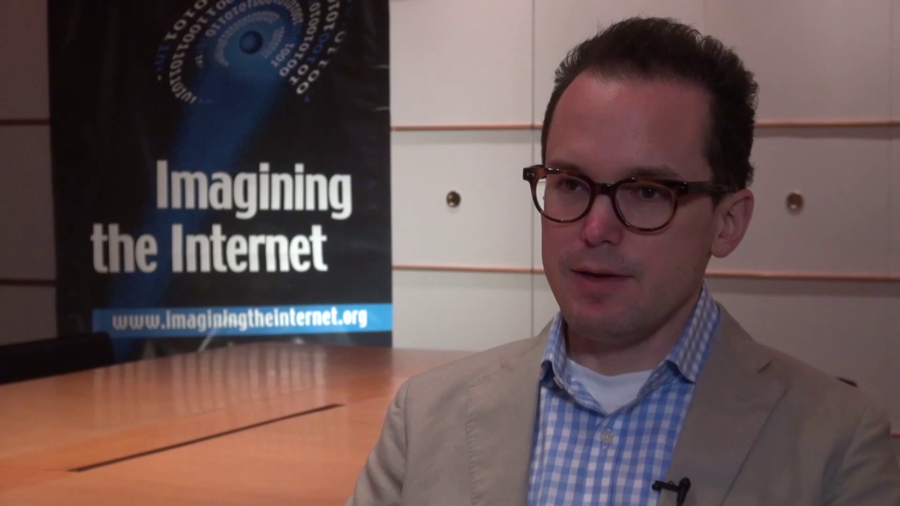
2014 Internet Hall of Fame Interviews: Jason Livingood
presented by Jason Livingood
I was very involved in the breakthrough and the creation and the deployment across the United States of a cable modem-based broadband service. And to take a service that as a large company, getting one and a half megabits per second and spending thousands of dollars per month and making that something that an average person could afford at twenty, thirty, forty dollars a month was transformative.
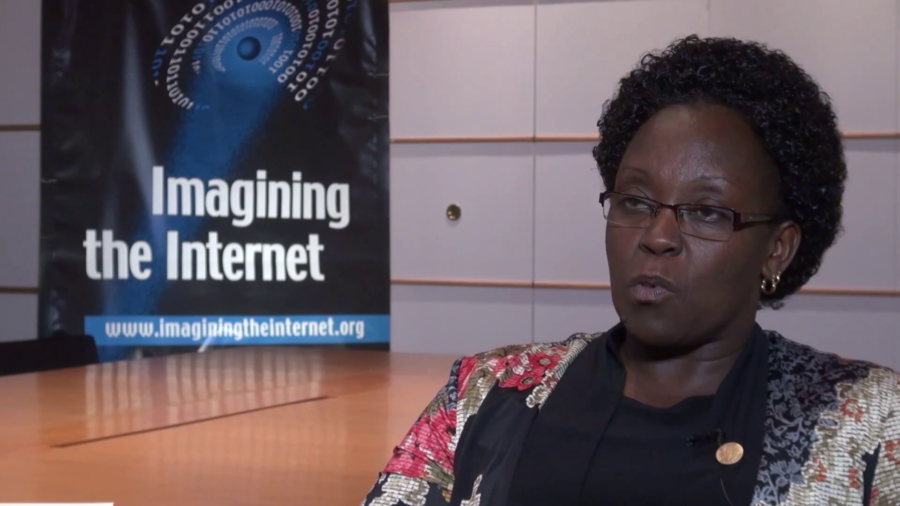
2014 Internet Hall of Fame Interviews: Irene Misoi
presented by Irene Misoi
One thing that I guess has contributed to Dorcas being selected as an inductee is trying to get many more women to get into careers in computing by building capacity in Africa. And this she did by starting an organization called AfChix Africa that has got chapters in more than twenty-two countries.
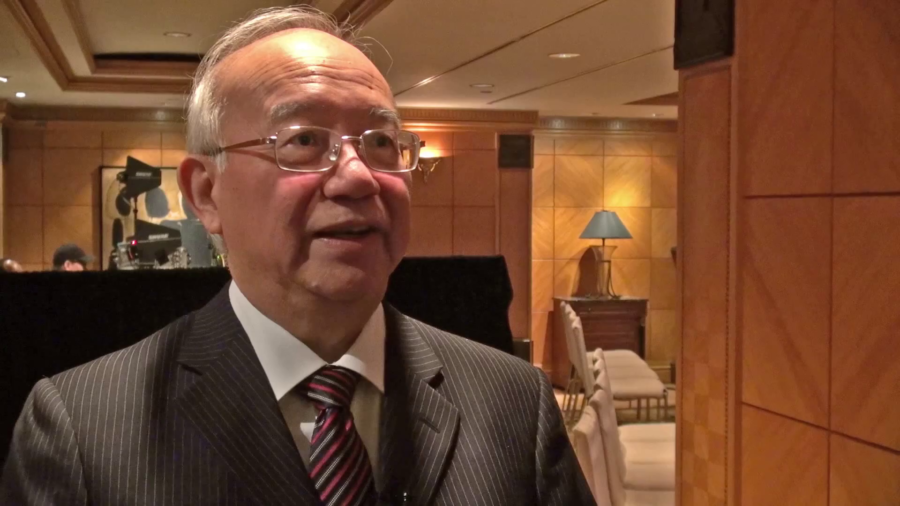
2014 Internet Hall of Fame Interviews: Ir Daniel Lai
presented by Ir Daniel Lai
As the GCIO I’m responsible for three areas. One is the application of IT within government—with the use of Internet of course. And another area is digital inclusion for the whole society. And thirdly to facilitate ICT development in Hong Kong.
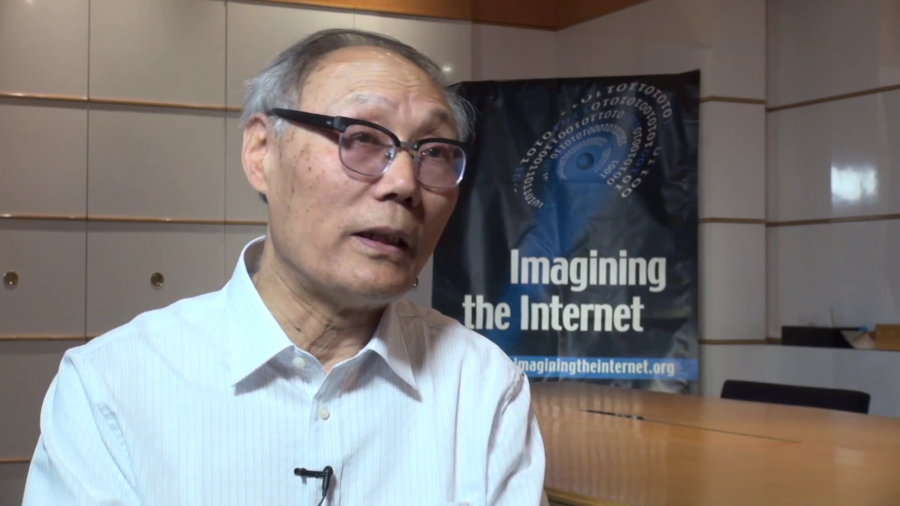
My part for the global Internet is very little. Only introducing the Internet to China. We had finished our first Internet connection to the United States in 1994. That brought China to the Internet.
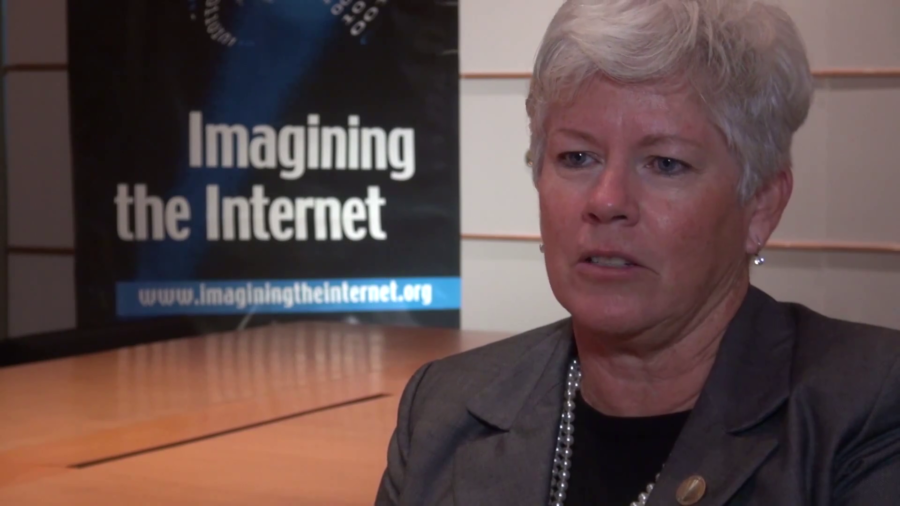
There was this idea that the “Internet” was only for academics and government. But we were having a lot of commercial customers come to us and want to be able to use the Internet for conversing with their people at universities as well as at other companies around the US. So, we worked with a couple of firms, PSI and UUNET, and together the three of us formed something called the Commercial Internet Exchange. And when we did that that was the first time ever that commercial traffic was able to pass through the Internet.
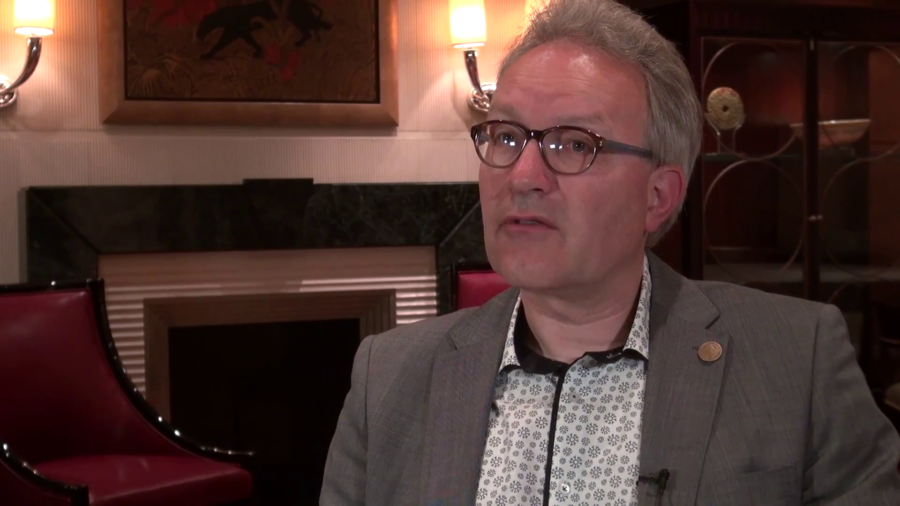
I’ve been active in so-called Internet institutions that take care of the running of the Internet since 1987, ’88, something like that. I was one of the first non-American people to join the IETF, the Internet Engineering Task Force, the standardization organization for the Internet. And I’ve worked hard to establish that that became more international…
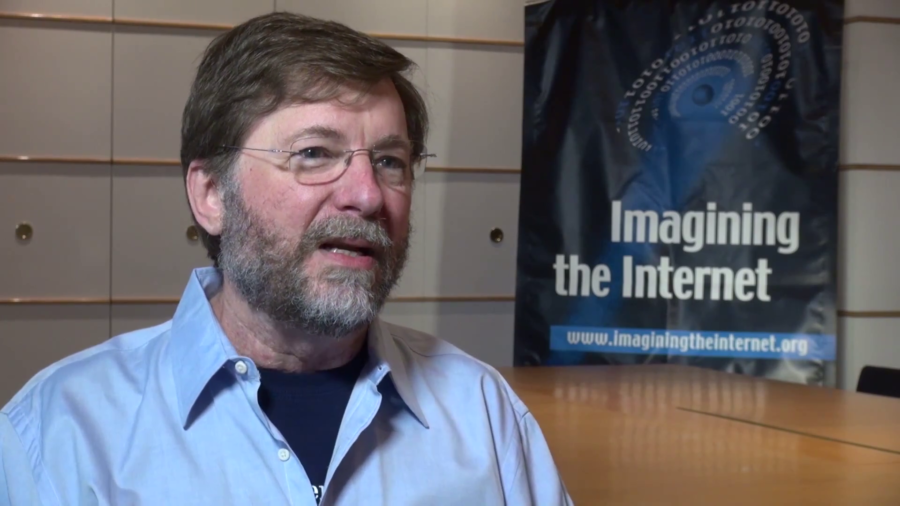
I worked on very early versions of email on the ARPANET, actually. And the problem that I was trying to solve was that there were a lot of networks—the ARPANET was just one of them—and people wanted to send email between these networks.
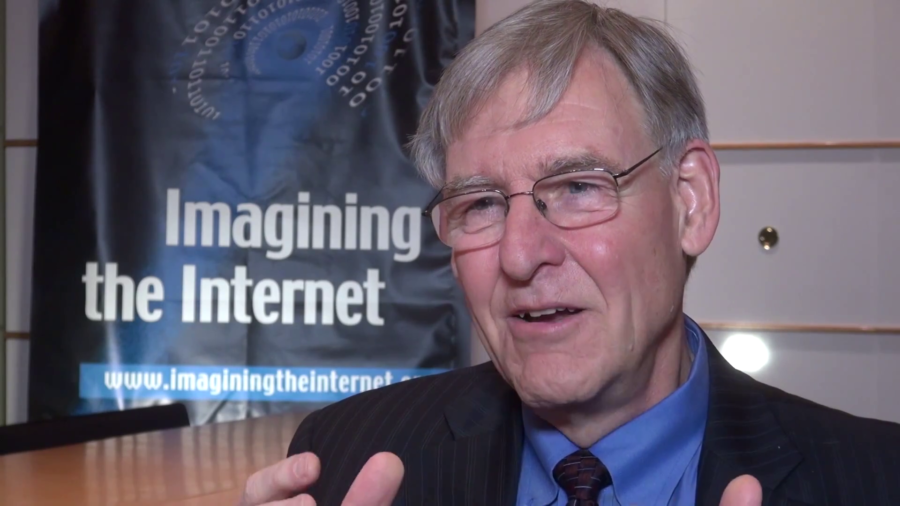
When we started the activity to build the National Science Foundation Network, or NSFNET, we had a clear understanding that the money that the federal government was going to be able to spend on the network wouldn’t be adequate to do the job that the community required.
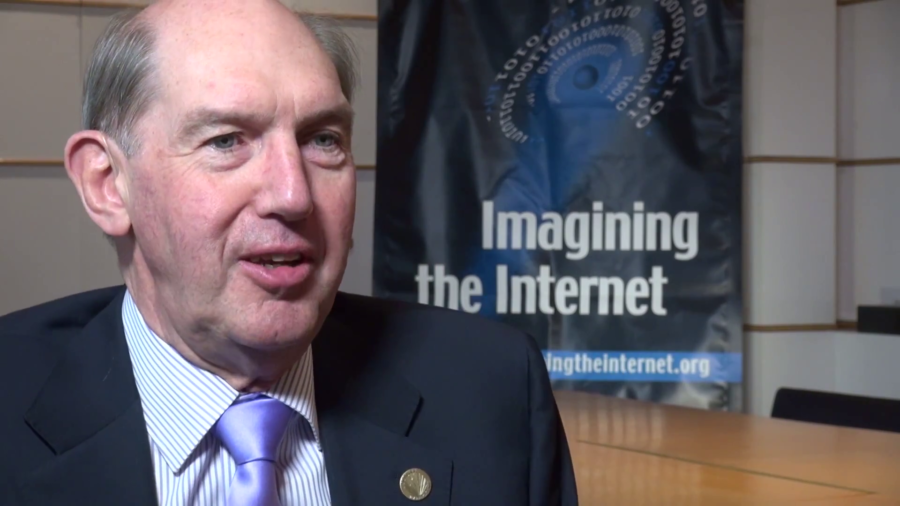
I was invited to go to the National Science Foundation and I joined them on the 1st of January 1985 as the first Program Director for Networking. So my role was to build the supercomputer access network. Well when I arrived I changed all that. I decided that instead of building a specific network for supercomputer access, I’d take a more strategic, long-term view—at least that’s how I express it nowadays. I probably didn’t think of it in those terms.

